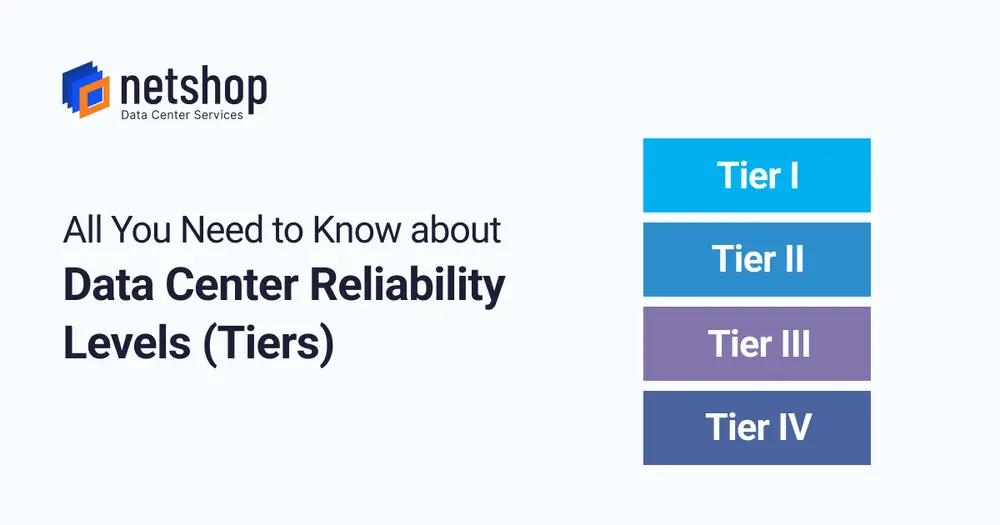The UK’s Gambling Commission has discharged another arrangement of updated rules principles with respect to promoting, which are more stringent and harder than the more established arrangement of tenets. The commission said that the new arrangement of guidelines “provide stronger protection for consumers and ensure they are treated fairly by gambling businesses.”
The new principles are set to happen from October 31 this year. The new rules engage the commission to endorse administrators who defy publicizing guidelines and even force fines.
Gambling companies will likewise face action for advertising failings by third-party subsidiaries, while the commission can likewise rebuff administrators that send “spam” marketing emails or texts.
The commission likewise said the new standards will make it snappier and less demanding to respond to breaks of customer law, for example, unjustifiable and deceiving hones.
Moreover, companies will now approach an enhanced protests process, which will incorporate an eight-week due date to determine such issues.
The move comes after the commission a month ago asked the UK business to “step up” so as to enable the controller to enhance norms over the area.
Neil McArthur, CEO of the Gambling Commission, said that the most recent changes “will protect consumers from irresponsible advertising and misleading promotions, ensure that they can withdraw their money more easily, and will mean that firms have to deal with complaints more swiftly”.
Reacting to today’s declaration, Clive Hawkswood, CEO of the Remote Gambling Association (RGA), told that while it is too soon to survey the general effect of the new necessities as a bundle, “none of these progressions should come as an astonishment to anybody.”
Hawkswood added: “The industry has already acknowledged the need for improvement in some of the key areas such as complaints-handling and the flaws previously identified by the Competition and Market Authority (CMA).”
Hawkswood also told that although the RGA initially raised concerns about using regulatory powers to underpin the voluntary regulation system for campaigns overseen by the Advertising Standards Authority (ASA), it shares the commission’s objective of “maximising compliance through improved guidance and transparency.”
He added: “There are many in the industry who continue to have reservations about the subjectivity that is inherent in many of the ASA’s rulings – for example, in determining what might be considered to be advertising that is ‘of particular appeal to children’ – but we are already working with them to get a better understanding of the decision-making processes.”





















